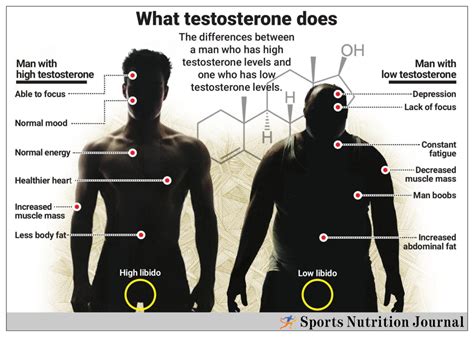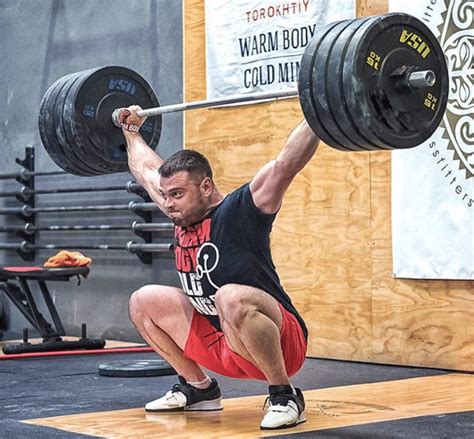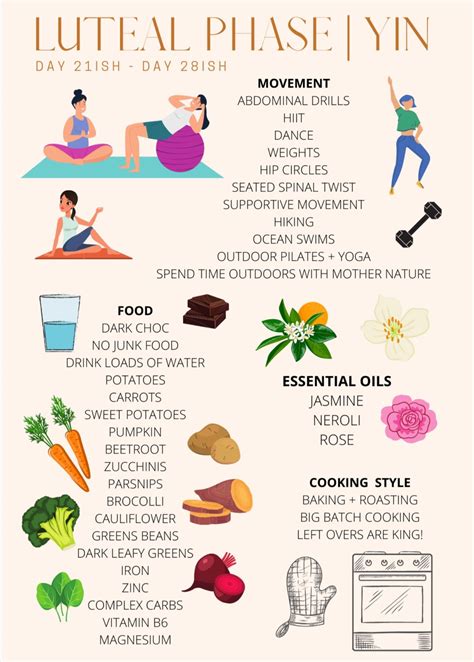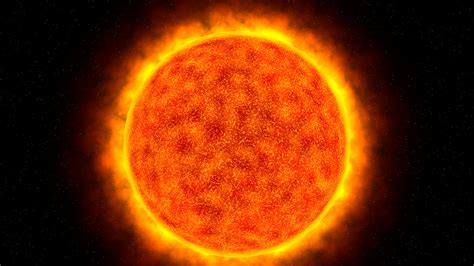Beyond supplements: What daily habits elevate natural male testosterone for peak performance?

In the pursuit of optimal male health and peak performance, testosterone often takes center stage. While a plethora of supplements promise quick fixes, true and sustainable elevation of this vital hormone lies not in a pill, but in the consistent cultivation of specific daily habits. Naturally boosting testosterone is about optimizing your body’s innate capabilities, leading to improvements in energy, mood, muscle mass, libido, and overall vitality without the potential downsides of exogenous compounds.
The Foundation: Quality Sleep
It’s no secret that sleep is crucial for overall health, but its direct impact on testosterone production is often underestimated. The vast majority of your daily testosterone is produced during periods of deep, restorative sleep. Insufficient or poor-quality sleep, defined as less than 7-9 hours per night, can significantly depress testosterone levels, sometimes by as much as 10-15% in healthy young men after just a week of sleep restriction.
To optimize sleep for testosterone, focus on creating a consistent sleep schedule, ensuring your bedroom is dark, cool, and quiet, and avoiding screens or heavy meals close to bedtime. Prioritizing consistent, uninterrupted sleep is perhaps the most fundamental habit for hormonal health.

Strategic Exercise for Hormonal Health
Exercise, particularly certain types, is a powerful natural testosterone booster. Resistance training, such as weightlifting, is highly effective. Compound exercises that engage multiple large muscle groups (like squats, deadlifts, bench presses, and rows) elicit the greatest hormonal response. Aim for 3-4 sessions per week, focusing on progressive overload.
High-Intensity Interval Training (HIIT) has also been shown to positively impact testosterone. Short bursts of intense activity followed by brief recovery periods can stimulate hormone production. However, it’s crucial to avoid overtraining, as chronic excessive exercise, especially prolonged cardio without adequate recovery, can paradoxically decrease testosterone levels by increasing cortisol.

Nourishing Your Hormones: Diet Done Right
What you eat directly influences your hormonal profile. A balanced diet rich in whole foods is essential. Focus on:
- Healthy Fats: Crucial for hormone synthesis. Include sources like avocados, nuts, seeds, olive oil, and fatty fish (omega-3s).
- Adequate Protein: Supports muscle growth and repair, which indirectly aids testosterone. Good sources include lean meats, poultry, fish, eggs, and legumes.
- Complex Carbohydrates: Provide energy for workouts and prevent cortisol spikes. Choose whole grains, fruits, and vegetables.
- Micronutrients: Zinc, Vitamin D (often considered a hormone itself), and Magnesium are particularly important for testosterone production. Include zinc-rich foods (oysters, beef, pumpkin seeds), magnesium-rich foods (dark leafy greens, almonds, dark chocolate), and consider smart sun exposure for Vitamin D.
Conversely, minimize processed foods, excessive sugar, and trans fats, which can disrupt hormonal balance and contribute to inflammation.

Mastering Stress: The Cortisol-Testosterone Tug-of-War
Chronic stress is a silent killer of testosterone. When you’re stressed, your body releases cortisol, the primary stress hormone. High levels of cortisol have a direct inverse relationship with testosterone – as cortisol goes up, testosterone often goes down. This is because both hormones are derived from a common precursor, pregnenolone; when stress demands more cortisol, less pregnenolone is available for testosterone production (the ‘pregnenolone steal’).
Implementing stress-reducing habits is vital. This can include mindfulness meditation, deep breathing exercises, spending time in nature, yoga, hobbies, or simply setting aside time for relaxation. Regularly disengaging from stressors allows your body to rebalance and prioritize hormone production.

Sunlight, Vitamin D, and Other Lifestyle Factors
Beyond the core pillars, several other habits contribute significantly to healthy testosterone levels:
- Sunlight Exposure: Direct sun exposure helps your body synthesize Vitamin D, which is directly linked to testosterone production. Aim for 15-30 minutes of unprotected sun exposure daily, when appropriate for your skin type and location.
- Limit Alcohol Consumption: Excessive alcohol intake has been shown to reduce testosterone levels, both acutely and chronically. Moderate consumption, if any, is advisable.
- Avoid Endocrine Disruptors: Be mindful of exposure to xenoestrogens found in plastics (BPA), pesticides, and certain personal care products, which can mimic estrogen in the body and interfere with testosterone.
- Maintain a Healthy Weight: Excess body fat, especially around the abdomen, can lead to increased estrogen conversion, further suppressing testosterone.

Conclusion: A Holistic Approach to Peak Performance
Elevating natural male testosterone for peak performance isn’t about chasing a single magic bullet. It’s about cultivating a synergistic lifestyle that supports your body’s natural hormonal rhythm. By consistently prioritizing quality sleep, engaging in strategic exercise, nourishing your body with a whole-food diet, mastering stress, and adopting other healthy lifestyle choices, you empower your body to optimize testosterone production from within. This holistic approach not only leads to elevated T-levels but also to enhanced energy, mental clarity, physical strength, and an overall improved quality of life, far beyond what any supplement alone could offer.









